Blog
Spiritual Teachings
from the Heart of Satsang
Browse by Topic through the Archive
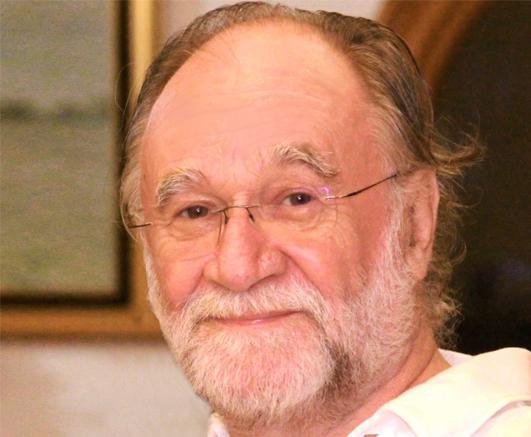
Or use the Search Function
Latest Blog
Schopenhauer and Renunciation

Aham Sphurana
A Glimpse of Self Realisation
New Book about Sri Ramana Maharshi
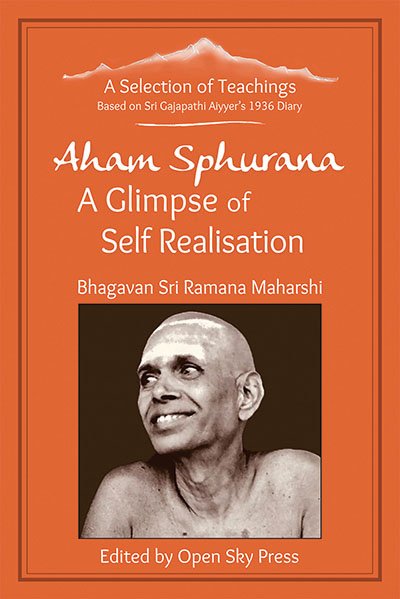
Available Worldwide
On www.openskypress.com and Amazon:

“In my opinion, Aham Sphurana, a Glimpse of Self Realisation, will become a Treasure Trove of Wisdom to the Seekers of Truth in general, and particularly to the devotees of Bhagavan.”
Swami Hamsananda – Athithi Ashram, Tiruvannamalai
Schopenhauer and Renunciation
Q.: I have heard that Bhagawan once spoke highly of Schopenhauer.
B.: He has discovered that the world is an inherently and incorrigibly unhappy place; he has also discovered that man’s true purpose is happiness; furthermore, he states correctly that extirpation of one’s personal will leads to Emancipation. However, what seems to be missing is practical technique. How shall the wille-zum-leben, which is the cause for all suffering, be defeated and annihilated? Will cannot be conquered by will. Mind cannot kill mind. Only absolute surrender can result in ruination of the wille-zum-leben or ego.
E.Z.: Schopenhauer is said to have been extremely impressed by the Upanishads.
Q.: Schopenhauer is also said to have been a follower of the Buddha’s teachings; he likewise contended that desire alone is the cause for all sorrow in life. This is evident from his writings.
…………Long text in German ending: …….thus almost all old faces wear the expression, which in English is called‚ disappointment.’
B.: Yes – and by that time it is usually too late to do anything. If one’s vasanas are to be destroyed and Realisation achieved, perfect vairagya [renunciation] is necessary. Vairagya is not the petty frustration that develops toward the world when one has failed in all of one’s pursuits and is left with no successful standing to speak of in the world; vairagya is the matured conviction that samsara is futile, pointless, and inherently devoid of meaning or purpose; it is the former that Herr Schopenhauer is referring to when he mentions that some elderly people seem to have expressions on their faces that could indicate presence of disappointment within the mind. This mood of despondence, disappointment, or frustration is not vairagya and it is certainly not enough to check one’s vasanas; it is merely a transitory inclination of mind that soon passes off without having left behind any noteworthy consequence; vairagya is not like this. Vairagya scorches the mind. Repeated failures and frustrations in life might lead to mental bitterness, which does harm but not good; but if such adverse experiences in life must result in or blossom into vairagya, which does good but not harm, Guru’s Grace is absolutely necessary.
Q.: How to get Guru’s Grace?
B.: By surrendering yourself unconditionally.
Q.: Whom shall I surrender to?
B.: Absolute surrender cannot involve surrendering “to” anything. Surrendering to God can at best be called partial surrender. To totally surrender is to simply altogether LET GO. If everything is given up including the renouncer or relinquisher, only Reality remains, and that alone is the true Self. Asking “Whom shall I surrender to?” is the same as asking “If I am to let go, who will catch me as I fall?”. You want to be “caught” again; that is why this question arises. Mature souls want to fall; they do not want to be caught at all. What is the point of letting go if you would only be caught again? So, the paripakvi does not surrender “to”; he simply surrenders.
Q.: And thereafter?
B.: There is no thereafter.
Q.: I meant, what is the state after surrendering perfectly?
B.: Is the one that surrendered perfectly asking this question? Can he?
Q.: No, but I am asking.
B.: The only way to truly know is to yourself do it and see. There cannot be anything to witness the Self.
Edited by John David Oct 2021

The Juggler
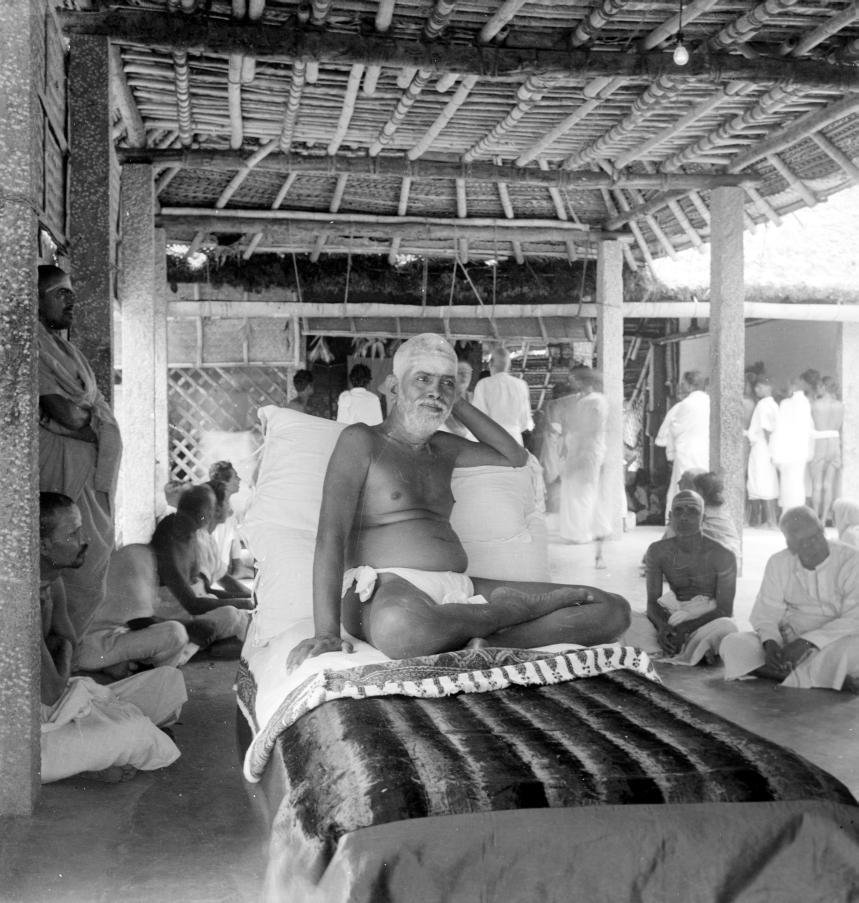
Aham Sphurana
A Glimpse of Self Realisation
New Book about Sri Ramana Maharshi

Available Worldwide
On www.openskypress.com and Amazon:

“In my opinion, Aham Sphurana, a Glimpse of Self Realisation, will become a Treasure Trove of Wisdom to the Seekers of Truth in general, and particularly to the devotees of Bhagavan.”
Swami Hamsananda – Athithi Ashram, Tiruvannamalai
The Juggler
A certain man who, I learn, puts on juggling performances every year during the Karthigai Deepam festival, has come to the Hall; he has questions to ask of the master—
Q.: Does Sri Maharshi possess the power to turn his body invisible at will? Does Sri Maharshi possess the power to materialise objects out of nothing or thin-air?
B.: Sri Maharshi does not even possess a will.
Q.: [somewhat smugly] Now I would please like Sri Maharshi to witness my spectacular abilities.
The man then proceeded to extract from his baggage a long rapier of the sort used in fencing-games, and attempted to entertain the master and the Hall by endeavouring to swallow whole the same.
Just before he could carry out any such feat of his, however, the sarvadhikari[manager] who had evidently heard of what was going on here, rushed into the Hall and ushered – in fact, threw – him out. After coming back inside, he commented,
“If that trickster [சில்மிஷக்காரன்] ever tries to make his way back inside again, those in the Hall – any one of you – please come and alert me at once…”.
B.: He was not trying to hoodwink us, but only endeavouring to demonstrate his talents. That spatha [rapier] which was shown by him did not have any folding or retraction mechanism. It is necessary to practice for years together so that the body’s inherent and natural reflexes can be overcome and defeated, in order that the instrument may be thrust all the way inside the alimentary-canal; it is certainly not an easy feat to accomplish. People slog for years together like this in order to gain the appreciation of others in society.
What is the use? One day somebody else will come along and steal our throne within a few minutes, and then we will lie forgotten and abandoned on the roadside. Instead of expending one’s energies uselessly outwards like this and then suffering needlessly later on, one must deploy this given lifetime towards the cause of Realising the Self.
Q.: Not all can understand the technical nuances of Ajata Advaita; it requires a highly evolved intellect so to do.
B.: It is enough if the belief that the world is real be given up.
Q.: Is it necessary to believe the world to be a projection of one’s own mind?
B.: We look for beliefs to harbour only after we have lost hold of that which is actually Real. If the Real be held on to all the time, the question of what to believe and what not to believe will never arise. The believer himself being altogether fictitious, can anything believed by him be true or correct?
Hold on continuously and incessantly to the Beingness of the Self—without anticipating or expecting anything in return or by way of reward—until the Self Reveals Himself; then there will be no requirement to go on asking questions, such as “Shall we believe in this?” or “Shall we believe in that?”.
Edited by John David Oct 2021

Leave a Reply Cancel reply
You must be logged in to post a comment.
Mixed Blogs

Nothing to get
You’re all awakened. It’s very beautiful to realise that you’re already complete, you’ve already got everything, there’s nothing more to get from the outside. In fact the only thing to get from the outside is not to look so much on the outside and to look more on the inside.

Zen Verses on Faith
Sōsan’s Master for six years was Huike whose Master was Bodhidharma who Buddha sent to China.
Sōsan: I am riddled with sickness. Please absolve me of my sin.
Huike: Bring your sin here and I will absolve you.
Sōsan: (after a long pause): When I look for my sin, I cannot
find it.
Huike: I have absolved you. You should live by the Buddha, the
Dharma, and the Sangha.

Kaushika
Kaushika’s pride is humbled by a housewife and butcher, teaching that surrender and dutiful living lead to true realization.
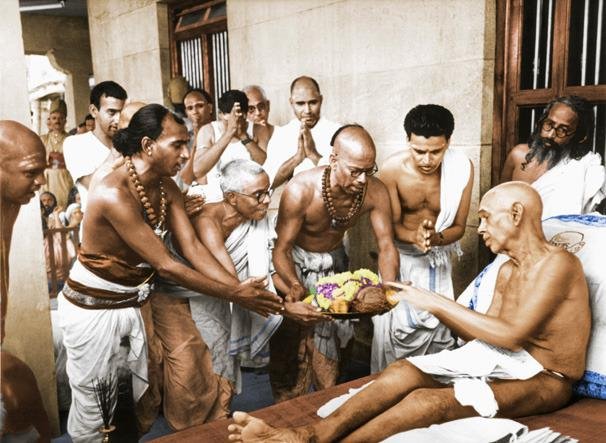
The Answer is to Enquire,”Who Am I”
Through playful enquiry and timeless teaching, Ramana Maharshi guides a seeker from ego and fear to the Self’s silence.
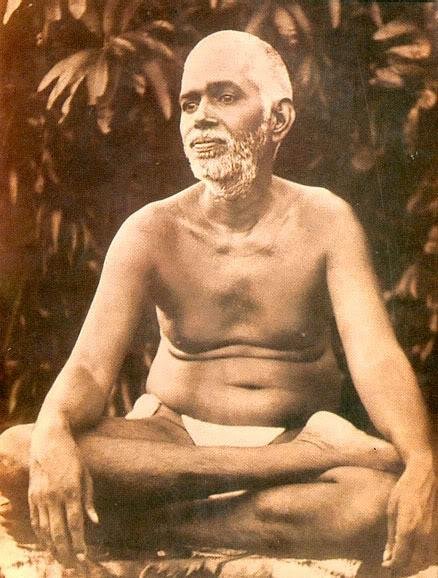
Sri Gajapathi Aiyyer Ashram Report
A vivid Ashram diary recounting the devoted, diverse lives of seekers, Bhagavan’s humour, Grace, and timeless wisdom in action.

Realise the Self
Realisation occurs when one surrenders completely, lets go of ego, embraces silence, and abides as the timeless, changeless Self.
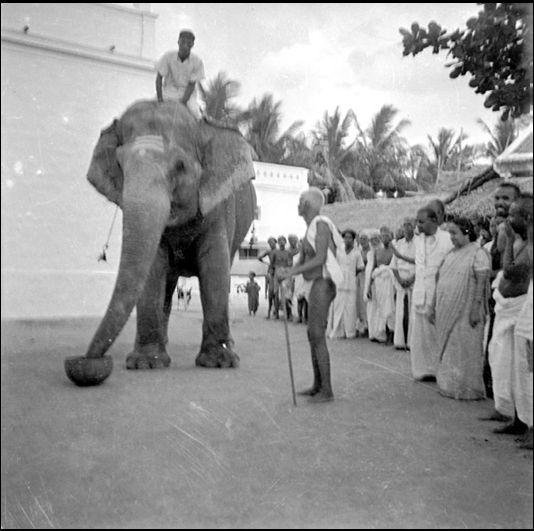
I have a body
Ramana Maharshi explains that regardless of thoughts about the body, one must abide as the Self, allowing life to flow spontaneously.

Diamond Thief
There was a diamond thief who thought to steal only the most exquisite of gems. This thief would hang around the diamond district to see who was purchasing a gem, so that later he could pick their pocket. One day he saw a well-known diamond merchant purchase the jewel he had been waiting for all his life…

Got it – Lost it
The most important part of the story of my time with Papaji actually came later. I realised I had been a long time in the dilemma of appearing to be ‘in’ and ‘out’ of Self. Papaji would often talk about the memory of spiritual experiences being just another memory, the past.

Sunrise
SUDDENLY THE SOUND OF
SINGING BIRDS AT SUNRISE
PENETRATES MY BEING
AWARENESS
OF A SUBTLE POWER
THE EARLY MORNING SUN…

Osho Ten Commandments
You have asked for my ten Commandments. It’s a difficult matter,
because I am against any kind of commandment.
Yet, just for the fun of it.

Be Part of Creation
Alienation from nature and the loss of the experience of being part of the living creation is the greatest tragedy of our materalistic era. It is the causative reason for ecological devastation and climate change. Therefore I attribute absolute highest importance to consciousness change.

Wisdom from Steve Jobs
′′ I have reached the epitome of success in the business world. In other people’s eyes, my life is a success.
However, aside from work, I had little joy. Ultimately wealth is just one fact I’ve gotten used to…
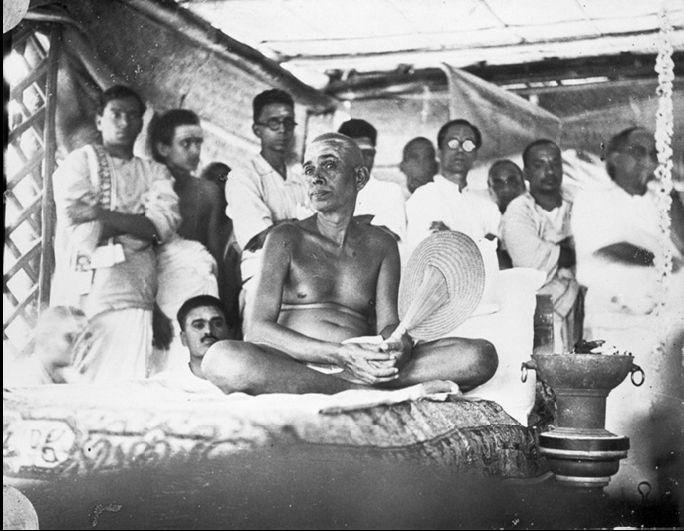
Vichara, Self Enquiry
Ramana Maharshi guides Chadwick and seekers to practice vichara, deep self-enquiry, until ego dissolves and the Self shines forth.

Love as in Relationship Love
Love is an energy. It has nothing to do with boys and girls and falling in love and candlelight dinners. That’s not what I would call love. I would call that a disease.







